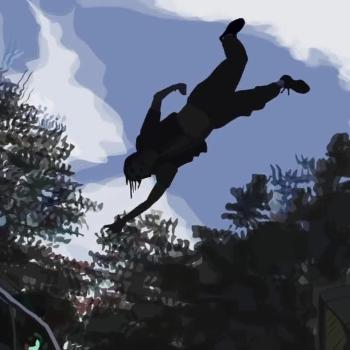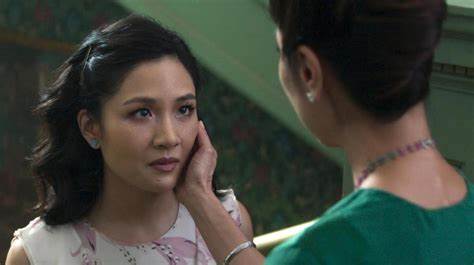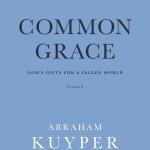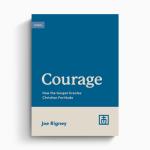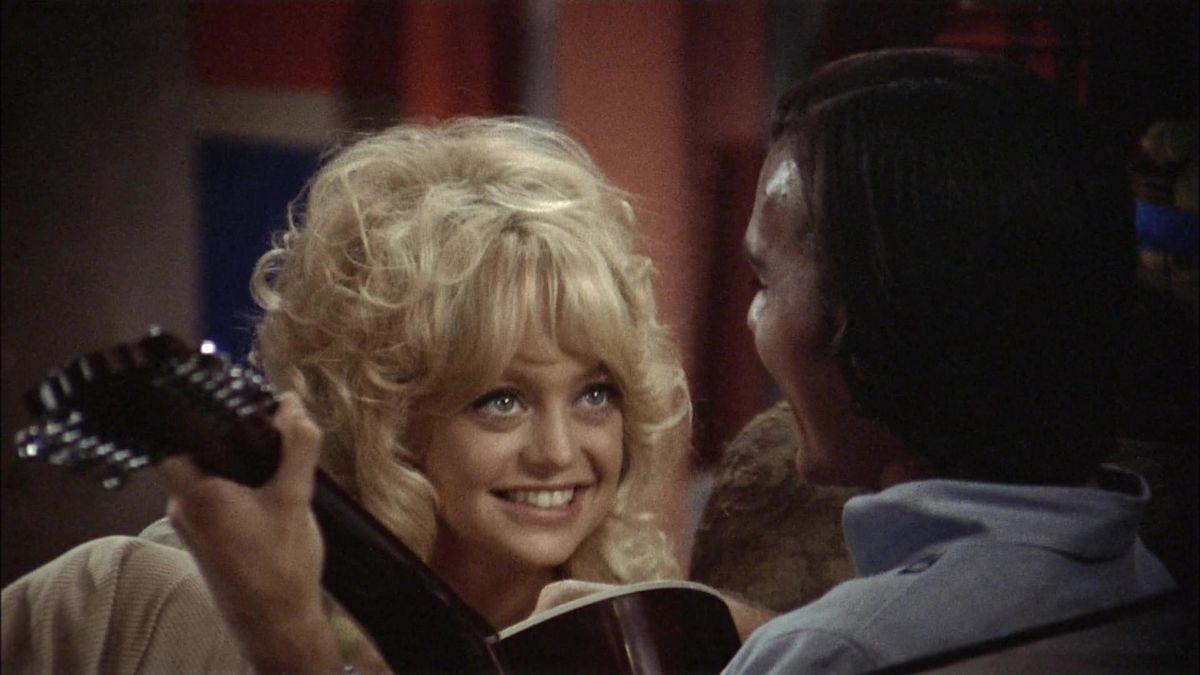
“I could love you if you’d let me.” So sings Don Baker, one of the protagonists of 1972’s Butterflies are Free.
Despite flying mostly under the radar, the film has a lot going for it. Like a lot of films adapted from stage plays, the narrative is very dialogue driven, which makes for a lot of really sharp, entertaining banter. There are maybe three locations and four or five speaking roles, with a healthy majority of the dialogue seated between the two leads. By nature, the film progresses through their conversations as the film’s young lovebirds get to know, and get to change, one another.
Both of them are free spirits in their own way. Jill is fleeing from her failed marriage of six days while Don is fleeing from the grip of his mother, who loves Don but does not believe he can live on his own with his blindness. Though both Don and Jill pride themselves on being liberated, their mutual bids for independence reveals a deep sense of longing. Maybe they both wish they could belong to something. Perhaps even to each other.
One thing that makes this film especially relevant in the modern discussion that it is the rare film to have a disabled character in a lead role (even more impressive for a film from over fifty years ago). Don sets out to live on his own to prove to his mother that he need not live under her umbrella all his life. Indeed, we see that Don is capable, but not invulnerable. He can make do without his sight just fine, but he can’t stand to have his heart broken. The leading irony, though, is that while Don in theory should be the more vulnerable of the two, the film reveals that Jill is much more fragile.
Jill creates her own self-fulfilling prophecies where her fear of her own flightiness keeps her from forming meaningful relationships. In constantly trying to preserve her unattached state, Jill resists, and is even actively repelled by, any situation in which she might be bound, not only financially or legally, but emotionally. This makes the prospect of a romance with the charming and insightful Don so terrifying. Isn’t it her destiny as an eternally free spirit to eventually break the heart of someone as tender as he? What future could they possibly have together? She tries to recast this as her simply being independent, but the lie is unsustainable. And so the film captures a commonplace but dangerous fallacy: conflating being untethered with being liberated.
So it is with many of us in our own pursuits of happiness. We might imagine that by opting out of a relationship or an institution, we are somehow exempting ourselves from vulnerability, but neutrality is also a stance, and it has consequences of its own. We run the risk of missing out on fruits reserved specially for those who let their guard down.
The film naturally tracks this within the context of a romantic relationship, and there is a lot of wisdom there. But this is perhaps even more insightful through the lens of religious institutions. As always, our friends who decline participation in such establishments deserve our love and respect, but the larger conversation does tend to create a false dichotomy. Opting out of religious living or belief is often done under the pretense of keeping oneself “free,” but it is also fair to ask oneself what one might miss out on by denying oneself the opportunity to interact regularly with God. The chance to discern and refine spirituality across a lifetime? The community that comes with worshipping alongside likeminded believers? The opportunity to be cultivated and cleansed, the way you only can as you drop your own safeguards and impositions and allow God to assist you in your perfection?
Perhaps God also tells us, “I could love you, if you’d let me.”




